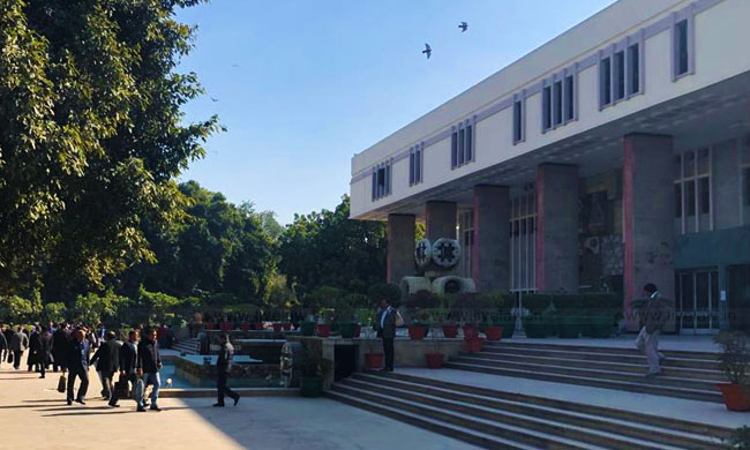The Delhi High Court has held that as a customs broker, the petitioner cannot be held liable because exporters were not traceable after the issuance of 'Let Export Orders' and the export of the goods out of the country.The bench of Justice Yashwant Varma and Justice Ravinder Dudeja has observed that once the Importer Exporter Code (IEC) particulars as mentioned are verified from the system...

